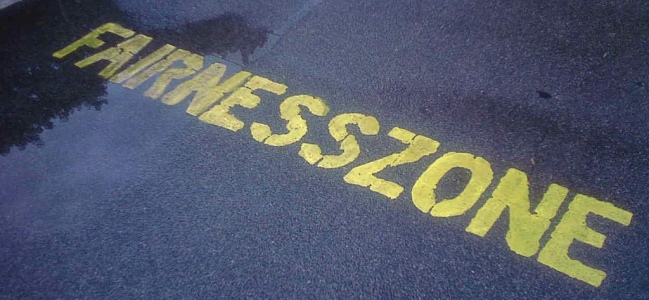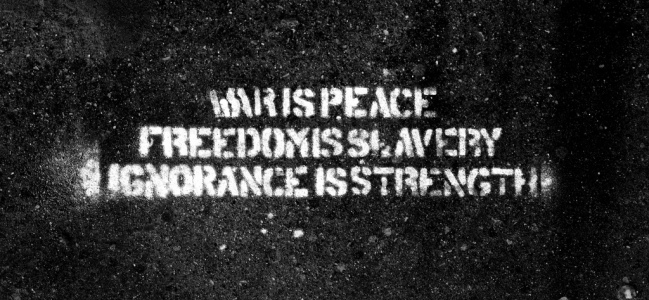The myth underpinning ’21st Century Skills’ [Future of Education]

There’s nothing wrong with discussing concepts such as 21st Century Skills, ‘core competencies for the information age,’ or digital literacies. Well, at least I hope not – I’m 50,000 words into writing a 60,000 thesis on the latter! What is problematic is when such terms become what Richard Rorty terms ‘dead metaphors’: words that used to be understood as a shorthand for a whole barrage of beliefs, opinions and debates, but now only have ap place in rhetoric. Keri Facer explains the problem with that kind of rhetoric:
This myth goes as follows: Rapid technological change in the 21st century will lead to increased competition between individuals and nations; education’s role is to equip individuals and nations for that competition by developing ‘twenty-first century skills’ that will allow them to adapt and reconfigure themselves for this new market. But education and educators are ill-equipped to make those changes, as they have failed to adapt successfully to technological developments over the last 100 years. Educational change, therefore, needs to be directed from outside. This is the myth that pervades much of the thinking about education and its relationship to socio-technical futures. It can be described as a myth not because it is wholly fictional – indeed, there are elements of this story for which there is some evidence and empirical support – but because it comes to act as an unquestioned cultural resource, to function as a dominating narrative that allows educators, policy-makers, parents and designers, without too much reflection, to make decisions and take action in the present. It has underpinned the educational ‘modernization’ agenda across the world for the last two decades. (Keri Facer, Learning Futures)
The fundamental issue is that, whether politicians, teachers, parents or pressure groups, each group of stakeholders in education think that they should be setting the educational agenda. Ironically, the common shared experience of having experienced schooling counts against progress being made, I would suggest.
I’m all for flexibility in the labour market – in my 8 years in it I’m in my 6th job and 5th house – but we need to educate and equip young people to understand that the flexibility should be on their terms.
Image CC BY tallkev
PS If you’re interested in this, check out the #purposedfutured campaign!


